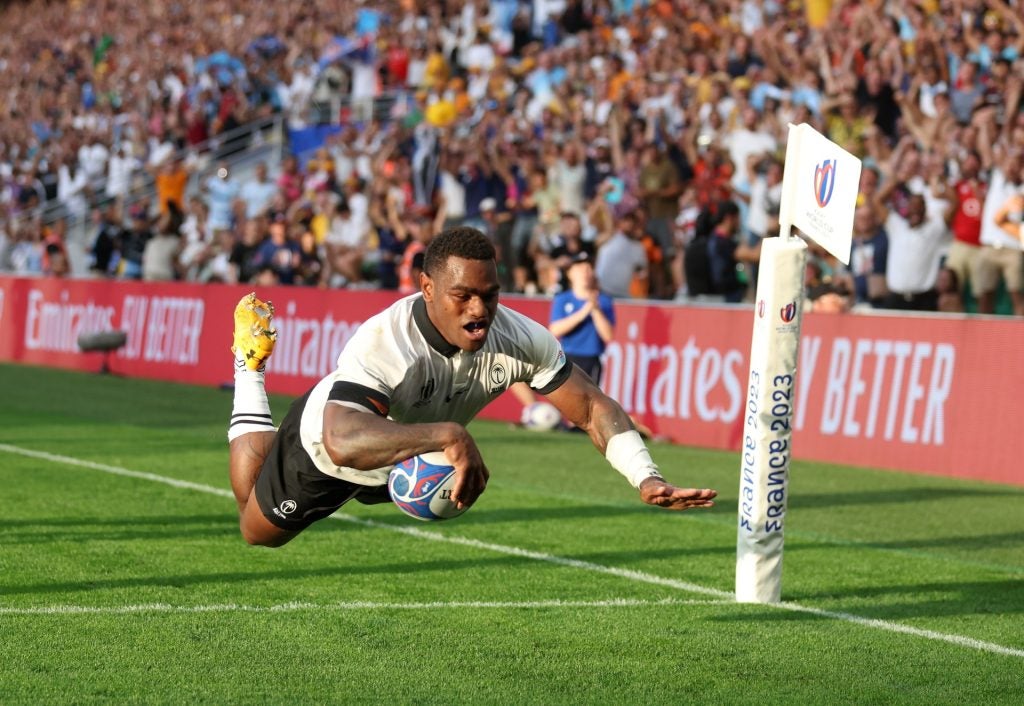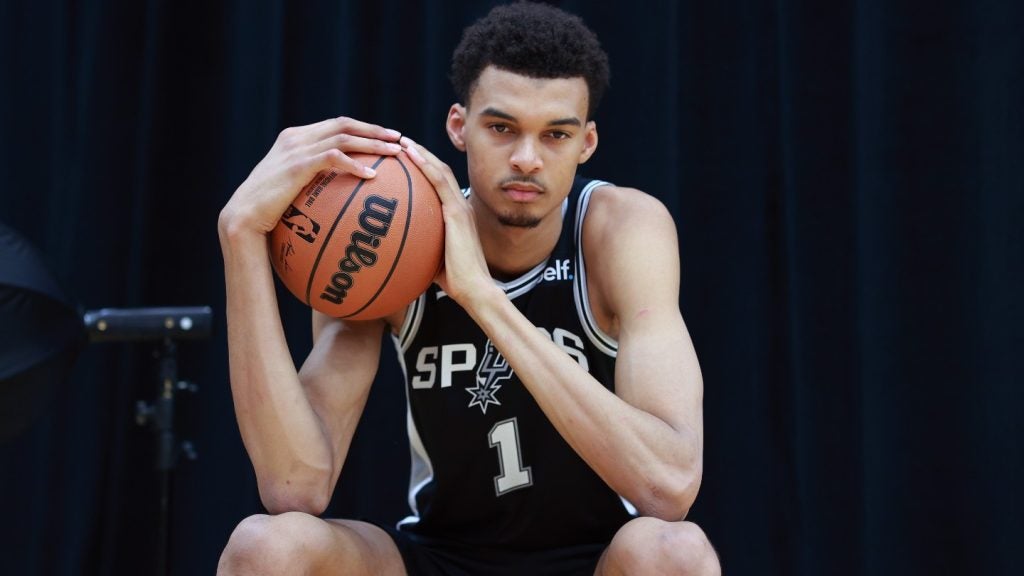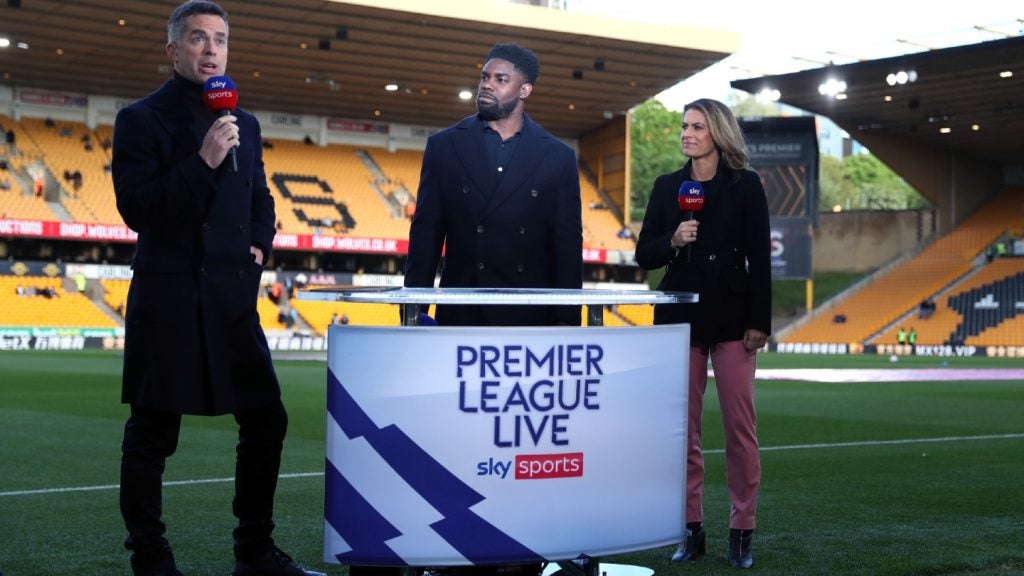
Many discussions on the theme of governance have arisen in the world of sport and two elements have particularly been mentioned when it comes to the leadership of both national and international sports organisations: a minimum quota when it comes to women’s representation; and an upper age limit for the members of the organisation’s board/council.
While the reasoning to increase women’s representation in all aspects of sports leadership makes a lot of sense and should be promoted further – for how long will we have to wait before we see a female leader of one of the main international sports organisations? – I find it is more questionable to impose an age-limit for board/council members.
Maybe there is a better alternative.
The argument for securing women’s representation in sports leadership is based on the intention of creating a leadership team that mirrors its membership, as well as society at large. All clear, and sports organisations need to speed up this process. But can the same reasoning really be used regarding an upper age limit – be it 70 years old, 80 or even older – for a leadership role in the same organisations?
There are clearly good reasons to operate with certain age restrictions in a leadership team
There are clearly good reasons to operate with certain age
restrictions in a leadership team. For instance, a leadership team should be
balanced in terms of age, gender and background to provide different
perspectives and a constant flow of new inputs and ideas.
How well do you really know your competitors?
Access the most comprehensive Company Profiles on the market, powered by GlobalData. Save hours of research. Gain competitive edge.

Thank you!
Your download email will arrive shortly
Not ready to buy yet? Download a free sample
We are confident about the unique quality of our Company Profiles. However, we want you to make the most beneficial decision for your business, so we offer a free sample that you can download by submitting the below form
By GlobalDataBut to force the oldest member of a board/council out just because of their age does not guarantee a flow of new ideas in a leadership team. It could even have an opposite effect if the ones who have to leave – who are likely the most experienced – are also the most engaged and motivated.
Moreover, an age limit somehow sends the odd signal that ‘old’ people (men or women) are no longer relevant to sport, or indeed society at large! Why shouldn’t a 70-year old person be a member of the leadership team of a sports organisation, when the same person could be the president of the United States (the current one is 72)?
But is there a better alternative to an age limit? Yes, I
think so: an age quota.
This could be implemented in the following way: at the time of the election of the organisation’s board/ council – normally every four years – a maximum of one-third of the members could be above a certain age (maybe 65) and a minimum of one third of the members should be under a certain age (maybe 40).
Age quotas would guarantee that no individual would be disqualified solely because of age
Such a system would not only secure the right balance within the IF leadership team, but would also ensure that new members will be included ‘from below’ (younger) and will naturally replace older members. Importantly, it would also guarantee that no individual would be disqualified solely because of age; older members of the board/council would instead be gradually reduced as a group, in a meritocratic manner that mirrors society at large.
An age quota – joined with a certain term limit, which is a healthy
mechanism for any organisation and should become the norm also in sport – could
provide the balanced and refreshed leadership, which would contribute
significantly to a more rapid and dynamic development of many sport
organisations, big and small, international and national.
Why not test it?
Sportcal







